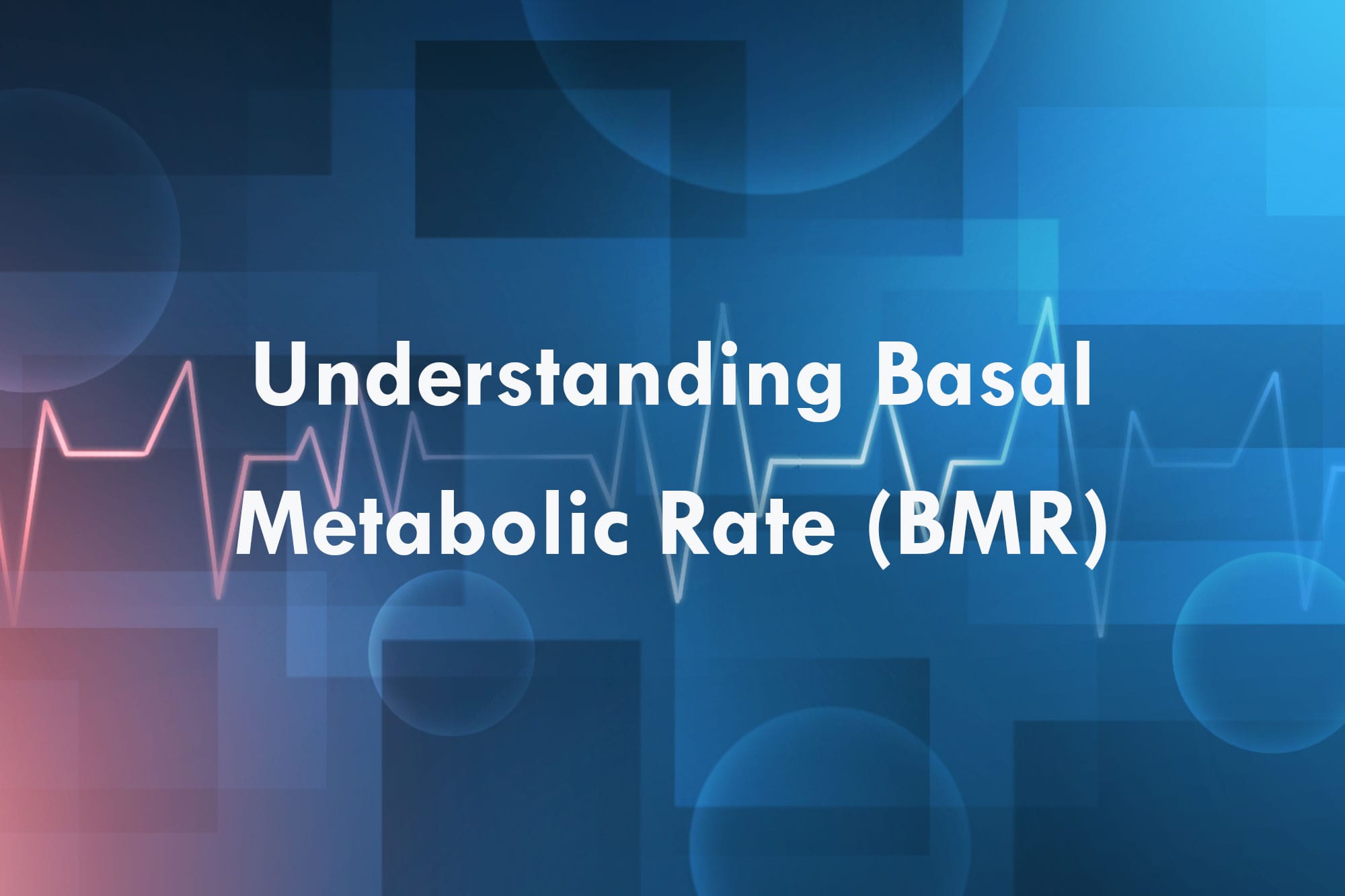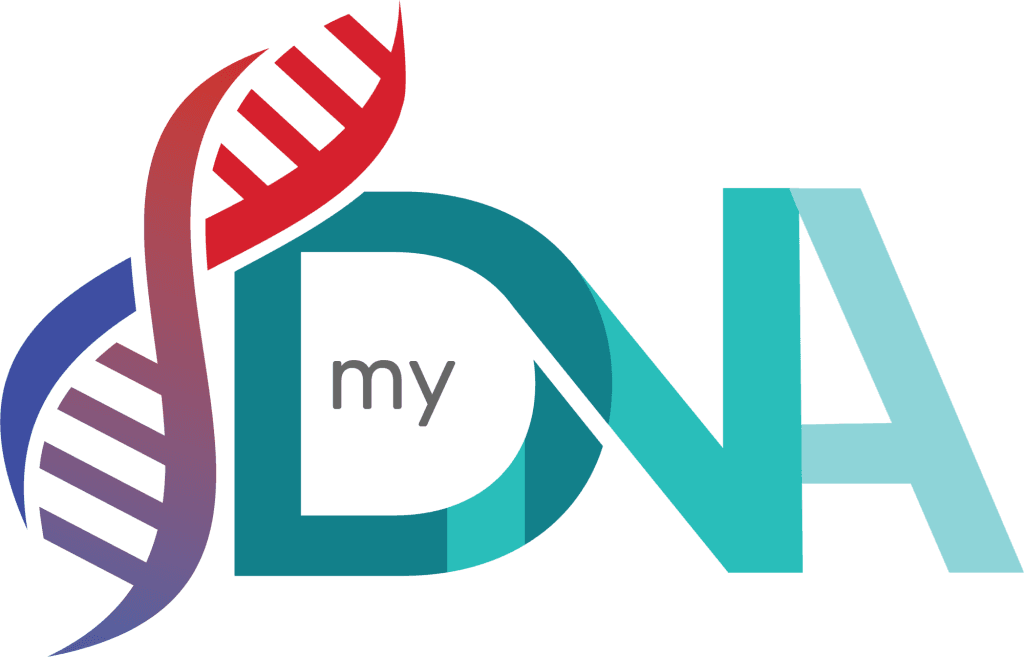As featured on Kiss92 FM Singapore.
–> Listen Here <–
As featured on Kiss92 FM Singapore. –> Listen Here <–
To get our DNA kit at an unbeatable price, use the WhatsApp chat in the bottom right and select the topic ‘DNA Kit Promocode‘.
The promotion ends on Sunday, 20 October 2024 @ 11.59pm.



